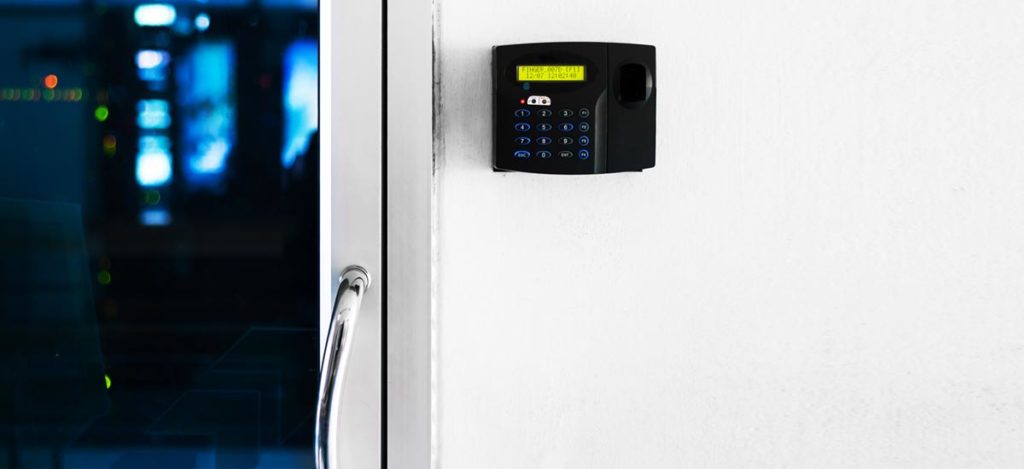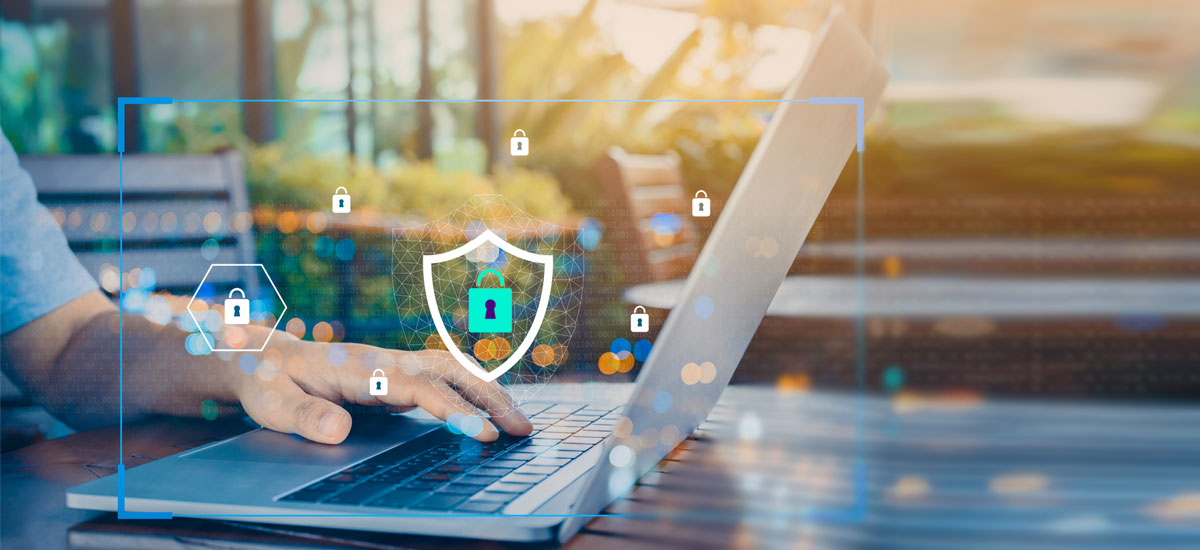One solution to the small-business cybersecurity conundrum is contracting with a qualified managed IT provider, one that has the depth and experience to support a robust cybersecurity response in addition to your general IT needs. Not convinced an IT provider like Southeastern Technical can improve cybersecurity at your company? Here are 12 specific ways we can.
1: Automatically Deploy Software Updates/Security Patches at Night
This is a good thing, of course. But there is a risk here: once that vulnerability is well-known, any bad guy with the right technical know-how can try to exploit it. If your systems aren’t up to date, they will be vulnerable to any number of attack vectors. All it takes is the right person looking in the right place, and they will find a way into your system.
When you partner with a managed IT company, everything changes. Your services partner can automatically deploy any needed software updates or security patches for you. In most cases, they can do so at night when no one’s in the office, too. Your team saves time, and your network and machines stay secure.

2: Set Up an Isolated Guest Network to Protect Network Resources
Depending on your industry, providing Wi-Fi access to clients and guests ranges from a nice perk to an absolute necessity. But allowing guests (or, worse, anyone at all) onto your main wireless network is a risky move. A technically savvy bad actor posing as a client or guest could discover a way into sensitive network resources that are on the same network as your corporate Wi-Fi.
The simplest solution here is to set up a separate isolated guest network that provides the necessary internet access, but that is completely separate from your sensitive network resources. Setting up this kind of network is neither complicated nor expensive, though doing it right does require professional expertise. Any IT provider of quality will be able to set this up for your business.
3: Manage Your Company’s Backups
By its very nature, a backup system runs in the background. It’s easy to forget about them. But if your backup system isn’t running properly at the moment you discover you need it, the consequences are dire.
You need a dedicated resource that can continuously monitor your backup systems, dealing with any errors promptly. You don’t want any lapses in your backups, and you want to be certain that there’s always redundancy through a combination of local, remote and cloud backups.
You may not have the in-house resources to keep up with this, but your IT provider does.
4: Provide Cybersecurity and Phishing Training
One of the biggest security weaknesses at every company is the people working there. Not everyone on your staff is entirely tech-savvy, which is why cybercriminals often target people rather than systems.

5: Train Staff on Good Password Hygiene
6: Implement a Business-Grade Password Manager
Knowing what to do is one thing. Actually getting your staff to do it is another. The entire password system is very frustrating and hard to use, but easy for hackers to beat.

7: Configure and Maintain Access Control on Your Company’s Network
Larger businesses would never dream of allowing all employees to access any file anywhere on the corporate network. Many of those files are incredibly sensitive and could cause serious damage in the wrong hands.
Small businesses have (or should have) the same exact concerns, but often they don’t put the necessary barriers in place to prevent unauthorized access.
Access control is the solution to this problem. By setting up access control, an IT provider can help you limit who has access to what areas of the network. By limiting access only to those files that an employee should need, you reduce the risk of files being stolen, corrupted or even accidentally deleted.
8: Disable USB Drive Recognition

9: Recommend and Set Up Healthy Physical Security Practices
Great cybersecurity starts with the right physical security of your network assets. For example, your on-premises server should be kept behind locked doors, and only those with proper authorization should ever be allowed behind those doors. Similarly, all of your workstations should require a credential login for use. And you want to institute good physical security in any room that has computers on the network.
There are devices that can be hidden between a computer or server and an ethernet cable that can essentially skim the data that is transmitted along the cable. And bad actors who initiated a successful phishing campaign may already possess some stolen credentials that would allow them to log on to a workstation.
For these reasons and more, physical security is the foundation of good cybersecurity. A security-minded IT provider can give guidance in this area as well.
10: Install and Configure a Security Appliance
Allowing some traffic into your network might sound alarming, but this is normal. You can’t wholly wall yourself off from the outside world because your devices need to access stuff that’s not on your local network. The trouble comes when you allow more access to your network than you should — and getting this right is what a properly configured security appliance can do for you.

11: Proactively Recommend and Implement Software and Hardware Upgrades
The older and more established your company is, the more likely it is that you’re dealing with aging equipment and software. It doesn’t make fiscal sense to replace everything every year, and you’ll never want to have to replace all your equipment at the same time, either.
Older hardware and software can begin to become a security concern, though. Hardware that’s still functioning but is no longer supported by the manufacturer is ripe for exploitation through vulnerabilities like we discussed back in the first section.
There’s also the productivity factor. Do you have anyone on your team that’s regularly looking for the newest hardware and software that could help your business move forward? Even if you do, can you afford (in terms of both money and time/resources) to try out every promising solution, knowing that some of them won’t actually help?
An IT provider has already done this work. We can proactively recommend and implement software and hardware upgrades for you, filtering out the subpar solutions and focusing on the ones that will help you increase accuracy and efficiency.
12: Set Up Effective Antivirus, DNS Protection, Anti-Spam and Endpoint Protection
There are a whole host of other powerful cybersecurity tools that may be out of reach for your in-house IT team but are simple for a managed IT firm to implement. Antivirus solutions, DNS protection, anti-spam measures and endpoint protection are just a few of these.






